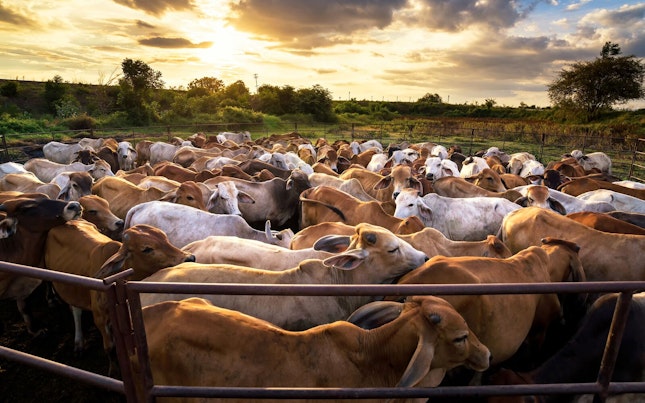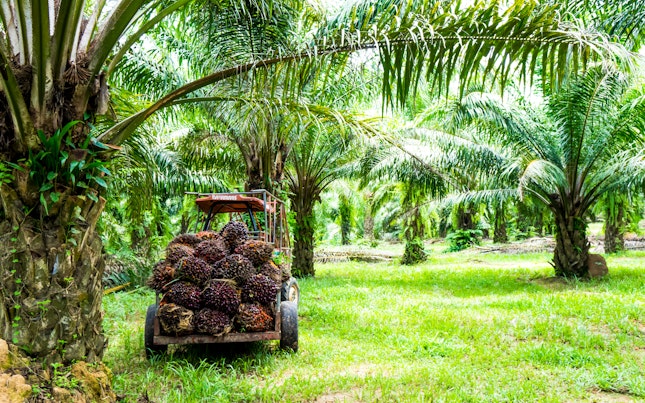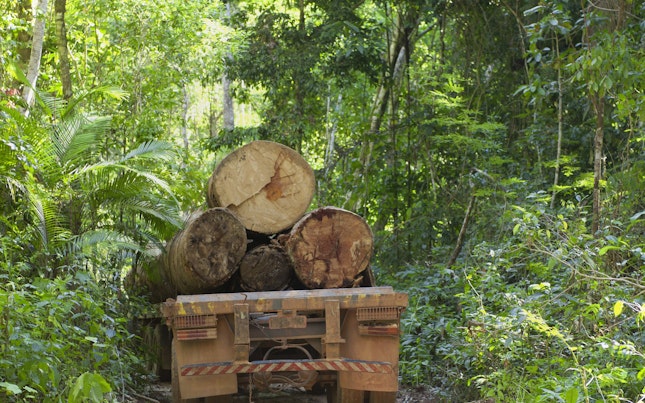The EUDR is an EU regulation that requires companies trading in cattle, cocoa, coffee, palm oil, rubber, soya, wood and derived products to carry out due diligence to ensure these items do not result from deforestation, forest degradation or breaches in local environmental or social legislation.
The EUDR promotes the consumption of deforestation-free products to vastly reduce greenhouse gas (GHG) emissions while assisting the fight against global biodiversity loss. It provides assurance that the EU will not contribute to deforestation or forest degradation.
Organizations marketing, importing or exporting to or from the EU any items in the following list, including derived products, must be EUDR compliant. This guarantees that their commodities are not associated with deforestation, forest degradation or breaches in local environmental or social legislation in the country of production.
The EUDR covers:
- Cattle – live cattle, meat and leather
- Cocoa – cocoa beans, paste, butter, powder and chocolate products
- Coffee – roasted, unroasted and decaffeinated coffee, and substitutes containing any proportion of coffee
- Oil palm – nuts, kernels, palm oil, glycerol and palm oil-derived fatty acids
- Rubber – natural rubber, gums and all articles of vulcanized rubber, whether hard or not, including tires and clothing
- Soya – soya beans, meal oil and residues, including oilcake
- Wood – logs, processed wood, wooden furniture, paper and packaging
The primary responsibility for EUDR compliance lies with the organization placing the commodity on the EU market or exporting it. This organization must follow due diligence, transparently and informatively, along the supply chain.
Consequences for noncompliance include hefty fines, the confiscation of products/revenue and temporary exclusion from the market.
The EUDR comes into effect on December 30, 2024, covering commodities produced on land not subject to deforestation after December 31, 2020.
What are the benefits of EUDR compliance?
- Decrease reputational and legal risks
- Meet and exceed consumer demands for ethical, environmentally friendly and legal products
- Enhance supply chain sustainability and traceability
- Secure your supply
- Contribute to global efforts to combat deforestation and climate change, and promote responsible land use

Why choose EUDR services from SGS?
Combining our decades of forestry, food industry, supply chain, sustainability and training expertise, we offer a suite of key services:
- A rigorous gap analysis of your EUDR due diligence system, including a checklist and report, highlighting any noncompliance or areas for improvement to smooth your compliance journey
- Comprehensive EUDR due diligence system verification, including a Confirmation Statement, so you can verify and demonstrate continuous EUDR compliance
- An online introductory EUDR training course outlining the regulation and its requirements
- Auditing and certification against forestry, agriculture and food sector voluntary certifications, such as FSCTM, PEFC, RSPO, RTRS, UTZ, FSSC, IFS and BRCGS, to help you demonstrate EUDR compliance and enhance your brand’s reputation
Looking for something specific?
Search within EU Deforestation Regulation (EUDR)
FAQ
The regulation applies from December 30, 2024, covering commodities produced on land that has not been subject to deforestation after December 31, 2020.
The EUDR focuses on deforestation from the conversion of forests for agricultural use, whether human-induced or not. It is also concerned with forest degradation, the conversion of primary or natural forests to planted forests.
Both of these harm the environment because carbon is usually emitted during the conversion process and, with fewer trees, the land is less capable of absorbing carbon dioxide (CO₂). Environmental damage, including biodiversity loss and climate change, occurs when deforestation and forest degradation happen faster than forests can recover.
2010: The European Timber Regulation (EUTR) was adopted in December 2010 and entered into force in March 2013. It requires due diligence for timber imports. The European Commission recognizes SGS as an EUTR Monitoring Organization.
2015: The Paris Agreement, an international treaty on climate change, was adopted by 196 nations at the UN’s COP21 in Paris in 2015. It came into force in 2016.
2019: The European Green Deal, which aims to help the EU’s green transition to climate neutrality by 2050, was presented by the European Commission. The EU Biodiversity Strategy for 2030, which aims to put Europe’s biodiversity on the path to recovery by 2030, was also outlined.
2021: In November 2021, the European Commission proposed the EUDR.
2023: In April 2023, the European Parliament formally adopted the EUDR. It came into force on June 29, 2023.
2024: The EUDR applies from December 30, 2024.
Producers grow, harvest or raise commodities.
Operators must assess and mitigate the risks of deforestation and illegal production of products for the EU market or export. They must also provide a Due Diligence Statement per supply.
Traders supply products for distribution, consumption or use on the EU market, in the course of a commercial activity.
Non-SME traders are considered operators.
SME traders must collect information about the operator or trader that supplied the product and the reference to the Due Diligence Statement.
Controls are organized by member states. There are no specific roles for certification/accreditation foreseen.




